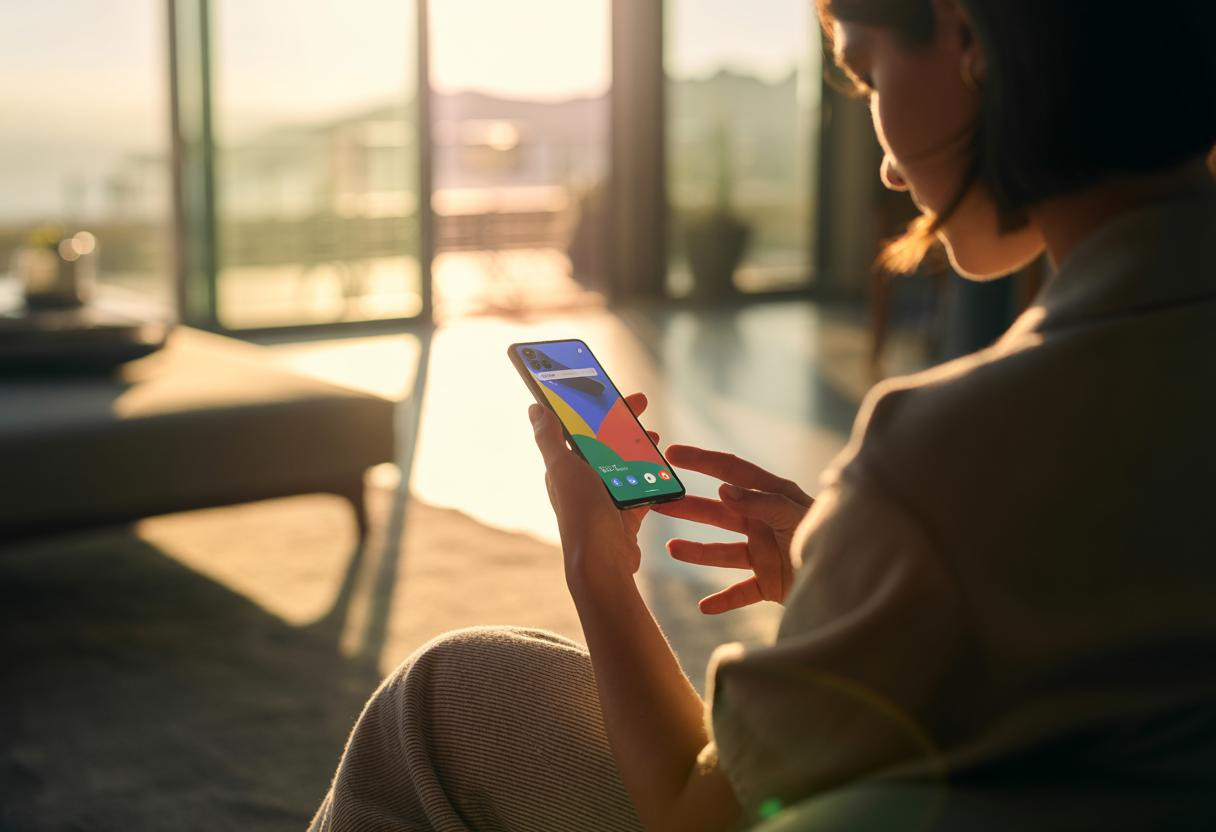Android 16 is about to revolutionize your smartphone experience with game-changing updates that will transform how you interact with your device. Expected to roll out in June 2025 for Pixel devices and later this summer for other manufacturers, this latest iteration brings thoughtful refinements and powerful new capabilities that address long-standing user requests. As Google shifts to an earlier release schedule, Android 16 focuses on quality-of-life improvements that might seem subtle at first glance but collectively represent a significant leap forward.
Material 3 Expressive: A visual feast for your eyes
The most immediately noticeable change in Android 16 is the comprehensive Material 3 Expressive design language. This isn’t just a fresh coat of paint—it’s a fundamental rethinking of how users interact with their devices. “We’ve created a more responsive interface with prominent action elements that guide users intuitively through apps,” explains Guemmy Kim, Senior Director for Android Product and UX. The result feels like upgrading from a flip book to a fluid animation—everything responds more naturally to your touch.
AI gets smarter across your entire digital life
Android 16 takes Gemini AI integration to unprecedented levels, extending beyond just your phone. The intelligent assistant now works seamlessly across Wear OS, Android Auto, and Google TV, creating a cohesive ecosystem that anticipates your needs. Imagine starting a recipe on your phone and having your smartwatch automatically track cooking times while your TV queues up a related cooking show—without any manual setup. It’s like having a digital butler that knows what you need before you do.
Fortress-level security that doesn’t get in your way
In an age of sophisticated scams, Android 16 introduces enhanced security features that work proactively to protect your digital life. The platform now includes advanced scam detection and refined privacy controls that operate quietly in the background. “Our goal was to create security that feels invisible until the moment you need it,” says a Google security engineer.
“Android 16 represents our most comprehensive approach to security yet, with protection that extends from core device functions to your everyday interactions,” notes Sameer Samat, Android Ecosystem President.
Say goodbye to Bluetooth frustrations
If you’ve ever struggled to switch between Bluetooth devices, Android 16’s Auracast support will feel like a breath of fresh air. This technology makes connecting and transitioning between devices as simple as changing TV channels. Users testing the beta have reported that the experience is similar to Apple’s seamless ecosystem approach, but without the walled garden limitations.
Connected even in remote locations
Later in 2025, Android 16 will introduce satellite connectivity support for the Find Hub, ensuring you stay connected even when cellular networks fail. This capability could prove life-saving in emergency situations and represents a significant advancement over previous versions. While not as revolutionary as CERN’s recent scientific breakthroughs, it’s arguably more immediately practical for everyday users.
What else is coming?
Beyond the headline features, Android 16 packs numerous refinements:
- Updated Health Connect for better fitness tracking integration
- Improved photo picker that simplifies media management
- Redesigned ongoing notifications bar for easier multitasking
- Enhanced battery optimization that learns from your usage patterns
Is it time to upgrade your hardware?
While Android 16 works on most recent devices, you’ll need current hardware to experience all features. Unlike cutting-edge GPUs that make everything else obsolete, or Marvel’s latest cinematic offerings, Android updates are more evolutionary than revolutionary. That said, Android 16 might finally push you away from the growing “back to basics” phone movement with its thoughtful improvements.
Will Android 16 change how we use our phones?
Android 16 doesn’t reinvent mobile computing, but it polishes the experience to such a degree that using your phone will feel noticeably more intuitive and secure. By focusing on quality-of-life improvements rather than flashy but superficial features, Google has created an update that respects both your time and your privacy. Isn’t that exactly what technology should do?
